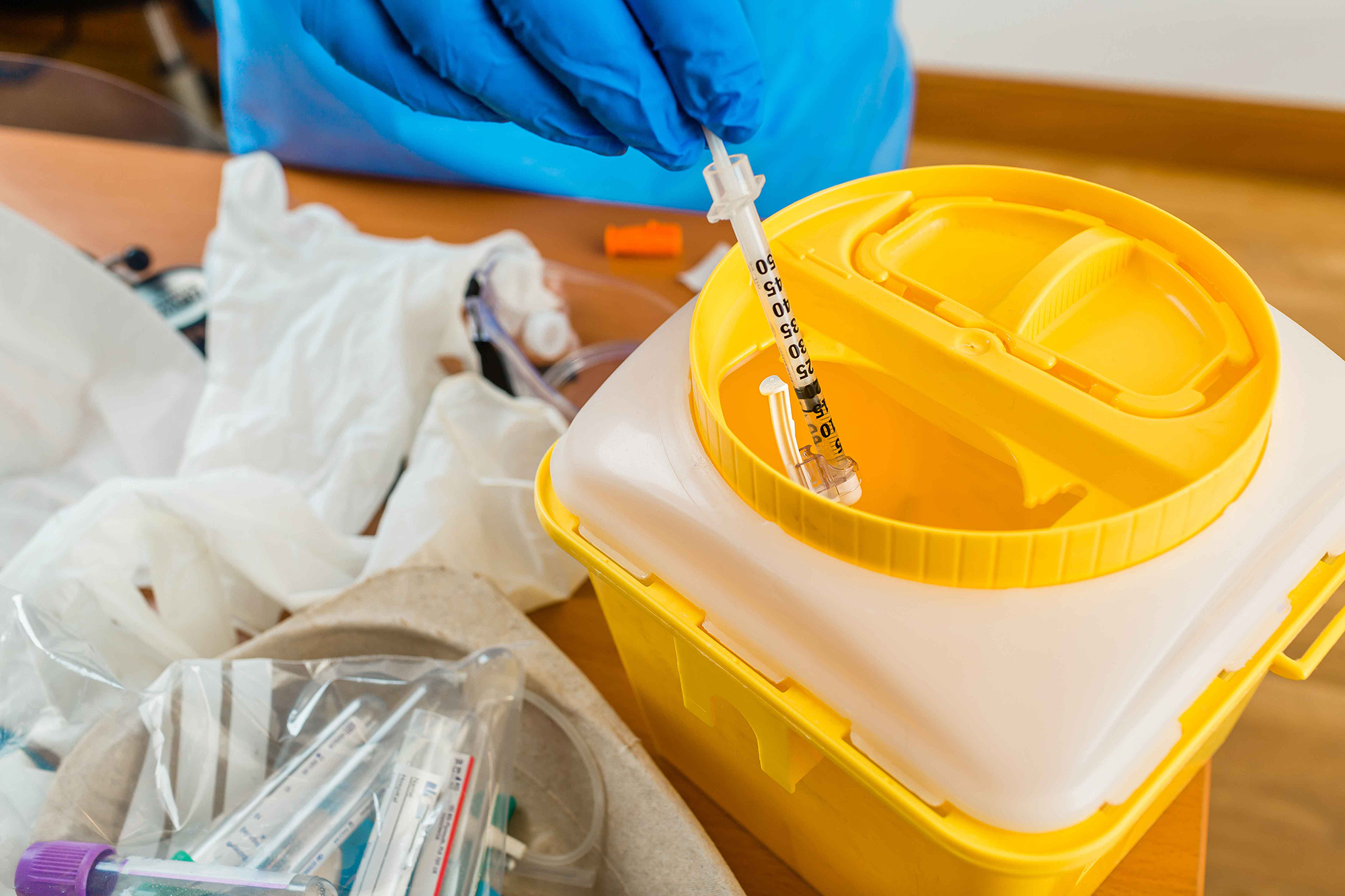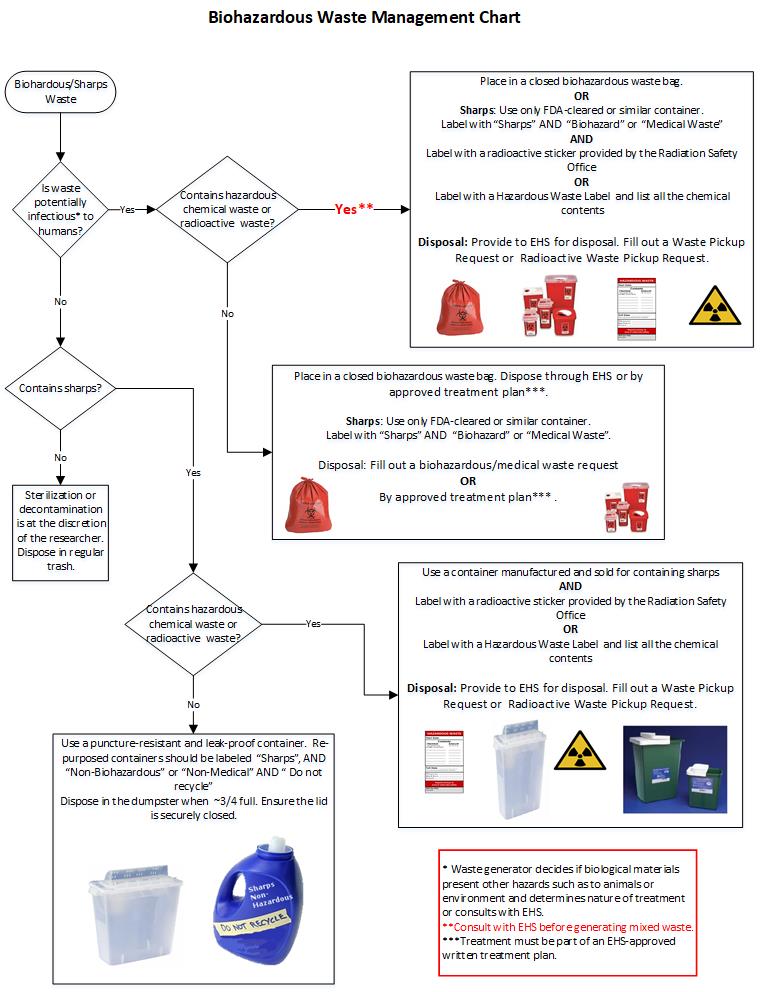Correct Disposal Methods for Clinical Waste
Correct disposal strategies for clinical waste are of utmost importance in making sure the safety and security of both medical care workers and the basic public. The ideal handling and disposal of medical waste is crucial to protect against the spread of contagious diseases and the contamination of the environment. This intro will explore the relevance of proper medical waste disposal, offer guidelines for handling different kinds of waste, and emphasize the requirement for healthcare facilities to adopt ideal practices.
Importance of Appropriate Medical Waste Disposal
Appropriate clinical waste disposal is of utmost importance in order to avoid the spread of infections and shield public health. Clinical waste describes any waste created throughout clinical procedures or from the health care sector. This waste can contain transmittable products, such as blood or physical liquids, sharps, pharmaceuticals, and other possibly harmful materials. If not thrown away correctly, clinical waste can position severe threats to healthcare workers, patients, and the general public.
One of the primary reasons for proper clinical waste disposal is to avoid the spread of infections. By safely disposing of clinical waste, the chances of exposure to these pathogens are substantially minimized, making certain the safety and security of health care workers, clients, and the neighborhood at big.
Furthermore, appropriate clinical waste disposal is essential for securing public wellness. Clinical waste that is not effectively taken care of can contaminate dirt, water bodies, and also food sources. This can lead to the transmission of diseases to animals and humans, presenting a significant public wellness risk (WasteX Medical Waste Disposal). By complying with appropriate disposal strategies, such as therapy, control, and segregation, we can minimize the prospective threats connected with clinical waste and guard the wellness of the community.
Handling and Disposing of Sharps
When it comes to the handling and disposal of sharps, adherence to appropriate protocols is necessary for making certain the security of healthcare employees and stopping the threat of injury or infection. Sharps consist of needles, syringes, lancets, and other things with the potential to reduce the skin or puncture. Because of their potential to transmit bloodborne pathogens, such as HIV and liver disease B and C, it is vital to take care of and get rid of of sharps properly.

Disposal of sharps containers must follow local laws and standards. It is best to make use of qualified medical waste disposal services that specialize in the correct handling and disposal of sharps to guarantee compliance with laws and reduce threats to healthcare workers and the atmosphere.
Guidelines for Infectious Waste Disposal
Contagious waste, likewise known as biomedical or biohazardous waste, refers to materials that are potentially infected with infectious representatives or other harmful materials. Appropriate disposal of transmittable waste is crucial to make sure the safety and security and health of health care employees, clients, and the general public.
The standards for infectious waste disposal vary depending on the nation and regional policies, however there are some common practices that healthcare facilities ought to comply with. All contagious waste must be set apart from various other kinds of waste at the point of generation. Contagious waste should be transferred and disposed of by accredited waste management companies that specialize in taking care of biomedical waste.
It is important for healthcare facilities to have comprehensive training programs in position to inform staff on the appropriate procedures for transmittable garbage disposal. This includes training on waste segregation, storage, and dealing with methods. By following these standards, medical care centers can efficiently manage infectious waste, reduce the threat of infections, and safeguard public health.
Finest Practices for Drug Waste Disposal
Drug garbage disposal need to constantly be carried out consistently and based on specialist guidelines. Proper monitoring of pharmaceutical waste is important to safeguard public health and wellness and the setting. Drugs can present a considerable danger if not gotten rid of appropriately, as they might pollute water resources, injury water life, or even add to the growth of antibiotic resistance.
One of the very best methods for pharmaceutical waste disposal is to develop a marked collection system within health care facilities. medical waste disposal service. This system needs to consist of separate containers for different kinds of pharmaceutical waste, such as expired medicines, unused medicines, and contaminated materials. These containers ought to be clearly classified and situated in conveniently available locations to urge proper disposal by health care professionals
In addition, it is vital to enlighten healthcare team concerning the proper handling and disposal of pharmaceutical waste. Training programs need to concentrate on recognizing various kinds of pharmaceutical waste, comprehending the connected risks, and adhering to the suitable disposal procedures. Regular pointers and updates ought to be supplied to ensure conformity with disposal guidelines.
In enhancement to internal methods, health care centers must additionally establish partnerships with licensed waste administration companies. These business concentrate on the collection, transport, and disposal of pharmaceutical waste. By collaborating with these experts, health care centers can make certain that their pharmaceutical waste is gotten rid of securely and in conformity with local policies.
Conformity With Legal Laws
In order to make certain compliance with legal guidelines, it is important for healthcare centers to abide by proper disposal methods for clinical waste. Clinical waste postures a significant risk to public health and the environment, making it vital for medical care facilities to deal with and dispose of it based on the legislation.
Regulatory bodies, such as the Occupational Security and Health Administration (OSHA) and the Environmental Security Company (EPA), have actually established guidelines and demands for the proper disposal of medical waste - WasteX Medical Waste Disposal. These guidelines intend to protect health care workers, waste management personnel, and the public from prospective risks associated with medical waste

Non-compliance with legal policies can result in severe consequences for health care facilities, including penalties, legal liabilities, damage to reputation, and possible injury to public health. It is important for medical care centers to stay updated with the latest guidelines and continuously screen and boost their waste management practices.
Conclusion
To conclude, correct disposal methods for clinical waste are critical to make certain the safety and security of health care workers, clients, and the atmosphere. Sticking to guidelines for handling and disposing of sharps, infectious waste, and pharmaceutical waste is crucial. Conformity with legal laws is necessary to avoid the spread of infections and protect public wellness. It is critical that healthcare centers maintain rigorous protocols for the correct disposal of medical waste to decrease dangers and keep a secure healthcare environment.
Clinical waste refers to any kind of waste generated throughout clinical treatments or from the health care industry. Contagious waste, additionally known as biohazardous or biomedical waste, refers to products that are possibly polluted with infectious agents or various other unsafe compounds. All transmittable waste must be segregated from various other types of waste at the point of generation. Transmittable waste must be delivered and disposed of by licensed waste management companies that specialize in managing biomedical waste.
Sticking to standards for getting rid of and managing of that site sharps, transmittable waste, and pharmaceutical waste is essential. (medical waste removal)